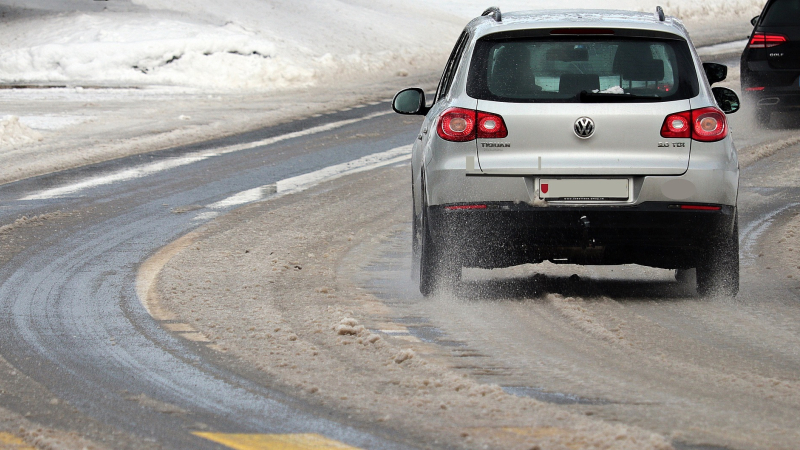Winter driving: tips for you to know before you hit the snow | Hegg Memorial Health Center
Winter driving: tips for you to know before you hit the snow | Hegg Memorial Health Center
Love it or hate it, winter is here. Driving on ice, snow, wet and cold roadways on shorter days creates a challenge for drivers in Northwest Iowa. Bad weather and more darkness puts you at increased risk of getting into a vehicle accident. Beyond keeping your vehicle in good technical repair, it’s important to understand the keys to avoiding a crash.
Be a safe driver this winter with these helpful tips:
- Remove snow and ice from your vehicle. The combination of snow and ice makes it harder to see while driving, plus, a snow-covered vehicle is not easily visible to other drivers and pedestrians. Don’t forget to wipe snow off your roof as well, as large chunks of ice and snow can shift and fall off while driving. Keep an ice scraper and shovel in your car for extra precaution.
- When you first start your car, accelerate carefully and brake gently. Continue to use the accelerator and brakes slowly with gentle brake pumping techniqueto maintain control of your vehicle. The faster you accelerate the greater the chance your wheels will spin on ice and snow.
- Don’t crank the heat. A warm car might feel nice, but the increased heat may also make you drowsy.
- Always leave a braking distance between you and the driver ahead of you. This will give you generous time to stop or slow on the icy road should you need to.
- Watch for potential safety nets. If you are encountering an emergency, you can intentionally steer your car off the road and into a snowbank. You might get stuck, but you may avoid a crash.
- Be watchful around bridges. Bridge temperatures can be 5-6 degrees colder than regular roadways, making them more vulnerable to become slicker and icier than roads. Travel over bridges and overpasses with extreme caution.
- Dress appropriately. Never drive in the winter without a coat, hat and gloves or mittens. If you should get in an accident or stuck, you will have a better chance at avoiding freezing if help is not able to get to you in time.
- Pack your vehicle with an emergency kit. This should include extra blankets, weater, non-perishable foods, flashlight and batteries, flares and reflective warning triangles, and a portable charger for your mobile phone.
- If you spin out of control:
- For Anti-lock Braking System (ABS) brakes, be sure to STOMP — firmly depress the brake pedal. STAY on the brakes — do not pump the brakes. STEER where you want the vehicle to go.
- If your car does not have ABS brakes — gently pump the brakes to bring the vehicle to a stop. Take any corrective action gradually to maintain full control of the vehicle. Refer to your vehicle’s operations manual for proper methods to correct skids.
Call the Hegg Medical Clinic at 712-476-8100 to discuss your post-accident health with a primary care provider and learn about your treatment options.
Original source can be found here.


 Alerts Sign-up
Alerts Sign-up